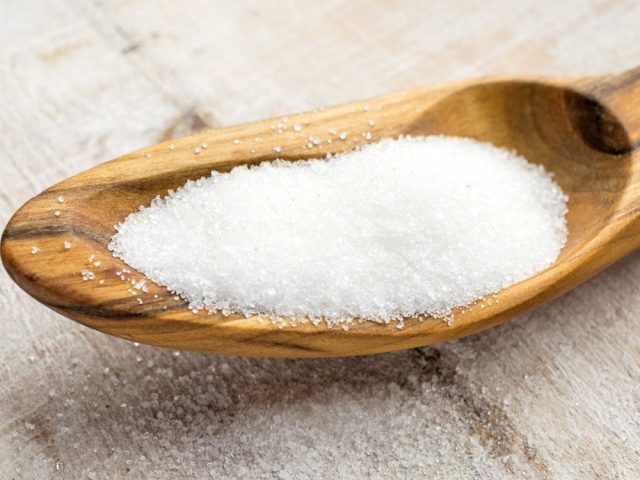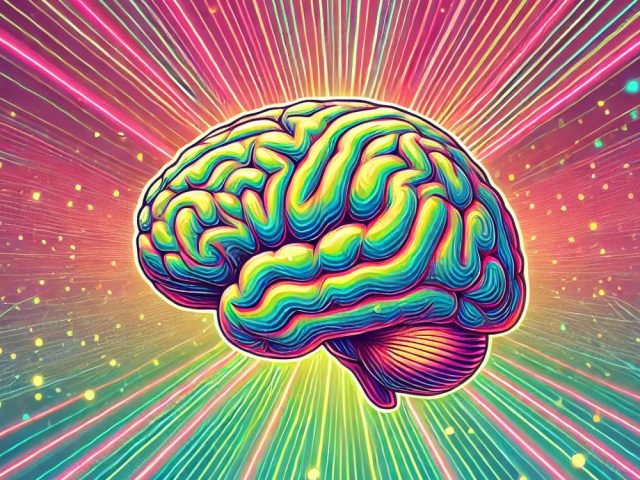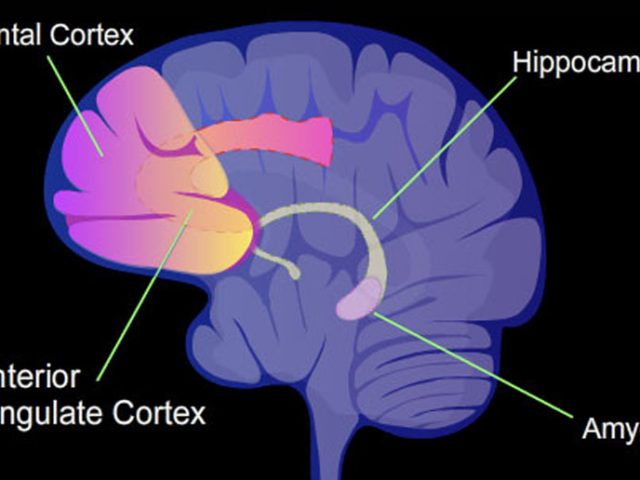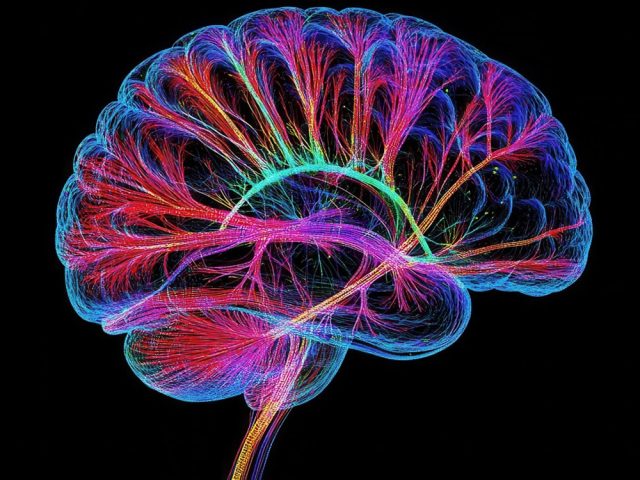Consuming sucralose, a widely used non-caloric sweetener, may influence how the brain regulates hunger and body weight. A new study published in Nature Metabolism found that sucralose increases activity in …
 Cognitive Science
Cognitive ScienceA common calorie-free sweetener alters brain activity and appetite control, new research suggests
 Cognitive Science
Cognitive ScienceConsciousness remains a mystery after major theory showdown
“Theories are like toothbrushes,” it’s sometimes said. “Everybody has their own and nobody wants to use anybody else’s.” It’s a joke, but when it comes to the study of consciousness …
 Cognitive Science
Cognitive ScienceNeuroscientists find individual differences in memory response to amygdala stimulation
Stay informed on the latest psychology and neuroscience research—follow PsyPost on LinkedIn for daily updates and insights. A new study published in Cognitive, Affective, & Behavioral Neuroscience provides evidence that electrical stimulation …
 Cognitive Science
Cognitive ScienceSleep deprivation reduces attention and cognitive processing capacity
A study of table tennis players in China found that 36 hours of sleep deprivation prolonged their reaction time and reduced attention and cognitive processing capacity. Functional connectivity between the …
 Cognitive Science
Cognitive ScienceScientists map the hidden architecture of the brain’s default mode network
A new study published in Nature Neuroscience sheds light on the structural foundations of the brain’s default mode network, a system of regions long associated with internally focused thought, memory, …
 Cognitive Science
Cognitive ScienceNeuroimaging study suggests mindfulness meditation lowers sensory gating
People who regularly practice mindfulness meditation appear to experience bodily sensations more readily than others, but this heightened awareness may not actually make them more accurate. A new study published …
 Cognitive Science
Cognitive ScienceStudy identifies top-performing natural extracts for improving cognitive function
A new study published in Frontiers in Pharmacology suggests that some natural plant extracts may help improve cognitive function in healthy adults. Using a comprehensive comparison of 27 randomized controlled …